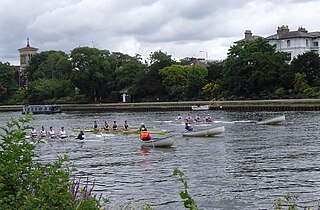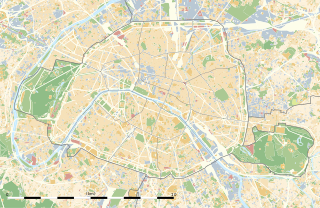| Personal information | |||||||||||||||||||||||||||||
|---|---|---|---|---|---|---|---|---|---|---|---|---|---|---|---|---|---|---|---|---|---|---|---|---|---|---|---|---|---|
| Born | 15 January 1936 | ||||||||||||||||||||||||||||
| Died | 20 September 2012 (aged 76) Petrozavodsk, Russia | ||||||||||||||||||||||||||||
| Sport | |||||||||||||||||||||||||||||
| Sport | Rowing | ||||||||||||||||||||||||||||
Medal record
| |||||||||||||||||||||||||||||
Anatoli Stepanovich Fedorov (Russian : Анатолий Степанович Фёдоров) (15 January 1936 – 20 September 2012) was a Soviet and Russian rower and rowing coach.

Russian is an East Slavic language, which is official in the Russian Federation, Belarus, Kazakhstan and Kyrgyzstan, as well as being widely used throughout Eastern Europe, the Baltic states, the Caucasus and Central Asia. It was the de facto language of the Soviet Union until its dissolution on 25 December 1991. Although, nowadays, nearly three decades after the breakup of the Soviet Union, Russian is used in official capacity or in public life in all the post-Soviet nation-states, as well as in Israel and Mongolia, the rise of state-specific varieties of this language tends to be strongly denied in Russia, in line with the Russian World ideology.
Fedorov competed at the 1961 European Rowing Championships with the coxed four and won silver. [1] He won a bronze medal at the 1962 World Rowing Championships in Lucerne with the coxed four. [2] He won a bronze medal at the 1971 European Rowing Championships with the coxed four. [3]
The 1961 European Rowing Championships were rowing championships held on the Vltava (Moldau) in the Czechoslovakian capital Prague. The event for women was held from 18 to 20 August, and 9 countries competed with 32 boats. The event for men was held from 24 to 27 August, and 20 countries entered boats. Men competed in all seven Olympic boat classes, and just three countries entered boats in all classes: the hosts Czechoslovakia, the Soviet Union, and a combined German team. Women entered in five boat classes. The regatta was held in five lanes, with rowers proceeding in the direction of the river's flow.

A coxed four is a rowing boat used in the sport of competitive rowing. It is designed for four persons who propel the boat with sweep oars and is steered by a coxswain.
The 1962 World Rowing Championships were the inaugural world championships in rowing. The competition was held in September 1962 on the Rotsee in Lucerne, Switzerland. Rowers from West Germany dominated the competition, winning five of the seven boat classes.
He died in 2012 in Petrozavodsk, Russia.



